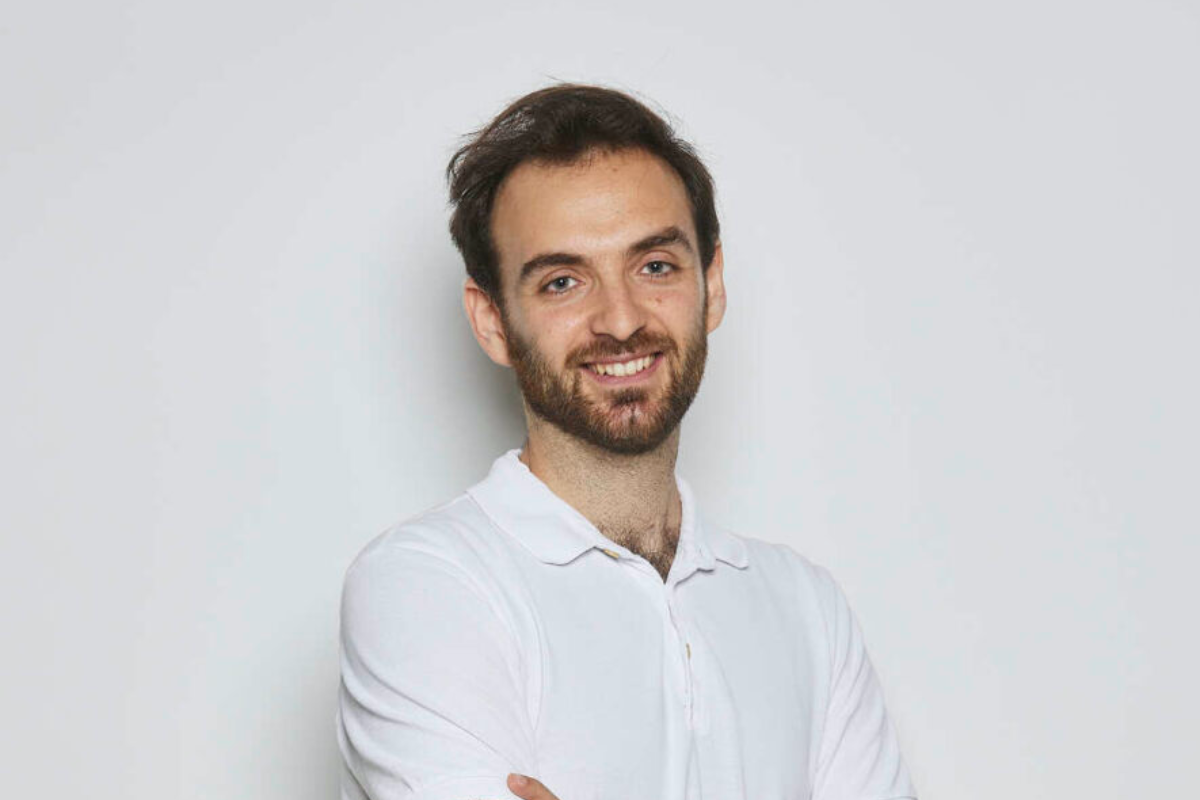"Barcelona has to continue to position itself as one of the most competitive innovative ecosystems of Europe" by Albert Solé Frexas

Albert Solé Frexas. Innovation Manager at the European Institute of Innovation & Technology (EIT) Urban Mobility.
What do you expect from the Barcelona of 2040?
I hope it will be a city that offers a high quality of life, going beyond the beach and good weather. I hope that Barcelona will be a city that can offer its citizens quality opportunities (economic, cultural, housing, etc.), that offers healthy public spaces and facilities, that continues to innovate in key sectors without losing sight of its identity, and that it can offer a model of a city that can serve as an inspiration to other cities around the world.
With which city would you compare Barcelona to?
It's difficult to choose just one. Lisbon, despite the population differences, has certain similarities with Barcelona: a coastal city with a competitive innovation ecosystem. The two cities have shared challenges such as housing and the impact of tourism. And lately, especially since the end of the confinement, both Barcelona and Lisbon have experienced a notable increase in the ‘expat’ phenomenon.
What model of city do you think Barcelona should be like?
Barcelona's city model is a world reference in itself. Especially in the field of urban planning and mobility. Even so, it is essential to incorporate a metropolitan vision in order to be able to provide effective solutions to the problems we have, as Greater London or Grand Paris are trying to do. In the case of Paris, the Grand Paris Express is currently being implemented, which will result in 200 km of new metro lines serving the cities surrounding Paris, which will undoubtedly have a major economic and social impact on the entire region.
What is the main challenge that Barcelona needs to face in the coming years?
As in many European cities and urban environments, housing is one of the main challenges we face. And personally, I think it is difficult to find a solution without a metropolitan vision. Barcelona's functional area is much larger than its municipal boundaries. Therefore, we must propose metropolitan solutions to the housing problem and complement them with a powerful public transport network that facilitates mobility between the different centres of activity in the metropolitan area.
What do you think should be the role of the new generations and their involvement in the development of the city?
Cities are made up of their citizens, and in this sense, it is important that we all get involved in the ‘construction’ of our city. The new generations need to be active at different levels: from participating in organisations in our neighbourhoods that generate a sense of community and belonging, to informing ourselves about the city projects that are planned and identifying the existing channels of participation so that we can have our say. It is also important to ensure that newcomers can integrate and participate in the collective ‘construction’ of the city. In Barcelona today, approximately half of the population aged 25-39 is of foreign origin. Although it is true that some of them choose to live in a bubble, we need to involve them in the life of the city so that they too can actively contribute to the ‘construction’ of Barcelona.
What business sectors do you think Barcelona needs to focus on?
Barcelona must continue to promote the knowledge economy, research, health and medicine, as well as continuing its commitment to entrepreneurship. Barcelona must continue to position itself as one of the most competitive innovative ecosystems in Europe.
If you want to know the latest English news about Barcelona and the people who bring it to life, sign up to our Blog.







